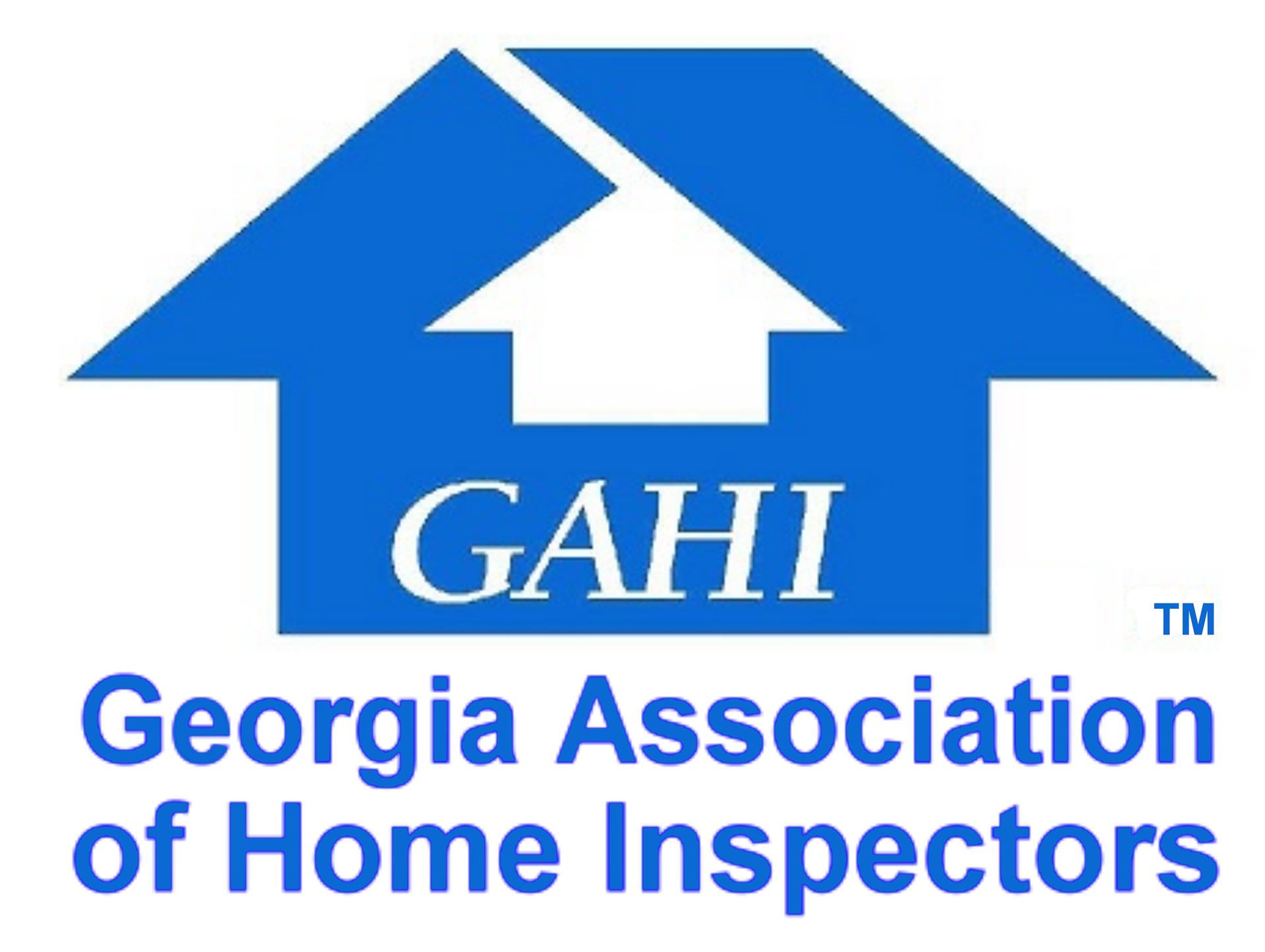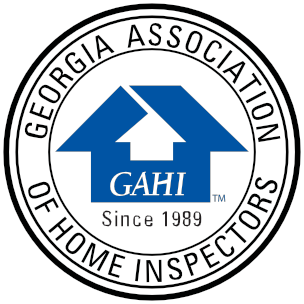
About us |
- Home
- About
Ten Questions to you should ask before hiring a Home Inspector.
1. Are you a member of any professional inspector organizations?
The Georgia Association of Home Inspectors (GAHI) has the most rigorous membership requirements of any professional inspectors association in the United States.
2. What CODE certifications do you hold?
The highest level inspectors should hold the Combination One & Two family dwelling certification from the International Code Council, (ICC). This commonly known as an R5 level certification. Other certifications cover structural, B1, mechanical, M1, plumbing, P1, and electrical, E1. To have an R5 the inspector has to have all four of these certification.
3. Where did you receive your certifications?
The primary third party certification is the ICC, International Code Council, but there are several other recognized associations for certifications related to Radon testing and air quality certifications. Additionally, methods training class from training association such as AHIT, American Home Inspectors Training and successful completion of the National Home Inspectors Exam, NHIE.
4. How much continuing education do you participate in each year?
The minimum should be 20 hours of in class or online training with participation certification being required.
5. How long have you been performing home inspections?
While this is a useful gauge to the experience level of the inspector, this question is not as significant as the verifying the qualifications and certification stated in point #3. An untrained home inspector who has done thousands of inspections that do not conform to a stringent Standard of Practice may not be equivalent to a well trained newer inspector.
6. How long should the inspection take?
The inspector may ask for some information about the home you are purchasing before answering this question. On average the length of time is around 3 hours, but based on size, number of bedrooms, bath, type of foundation, number of HVAC systems, and other mechanical, plumbing, and electrical components the time frame can vary. Be very wary of any adds that say a pat price without any further informations. Remember "you don't get what you don't pay for."
7. Do I need to be present at the home inspection?
Most inspectors will want to meet with you if you have time as some point during the inspection . Being present is not alway necessary but the inspector should discuss that aspect with you.
8. What type of report do you provide?
Most all reports today are computer generated. Handwritten reports are not the most professional. Many inspectors today include pictures along with some type of summary. Most professional inspectors utilize a reporting program. Discuss this with your inspector.
9. Can I call you if I have additional questions after the inspection is completed?
The answer should always be YES! A professional GAHI inspector should always be available to the client after the inspection.
10. How much will my inspection cost?
This question should be the last one to ask after talking to the inspector and gaining some insight to their qualification. After all, that is what you as the buyer should know before asking how much. The fee for an inspection is an individual process and is based on many factors not the least of which is the size and age of the property. On general an average freestanding home may likely begin in the mid $400's an up. This can vary widely due to many factors. One aspect to remember, the more experienced inspector has knowledge, training, code certifications, and background that adds value to the process.
GAHI Copyright 2016 - 2023
P.O. Box 1003 Alpharetta GA 30009
